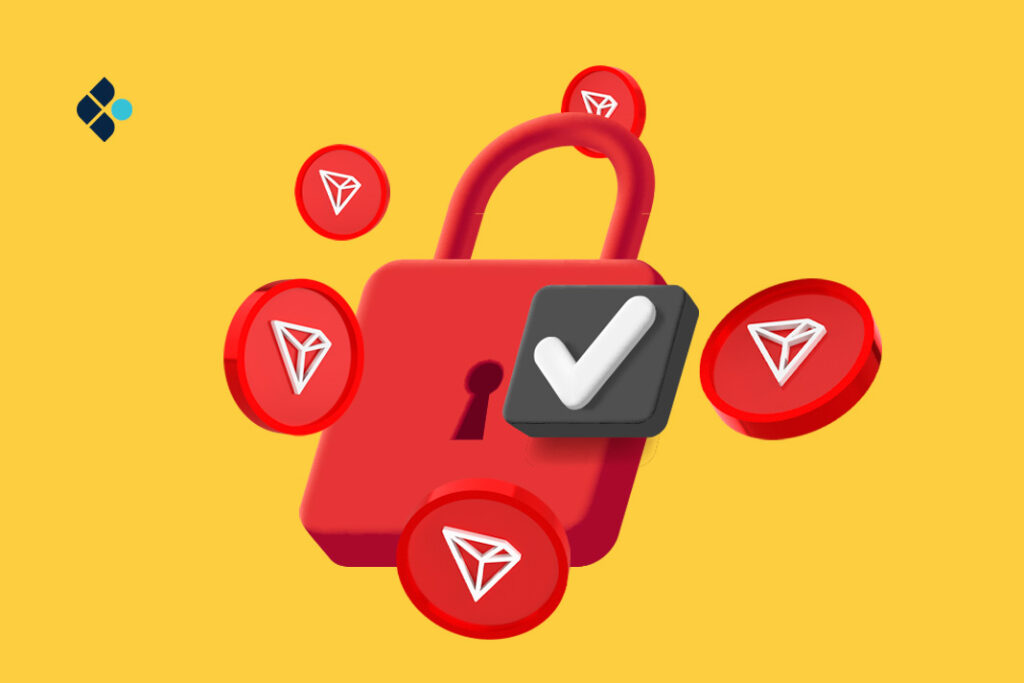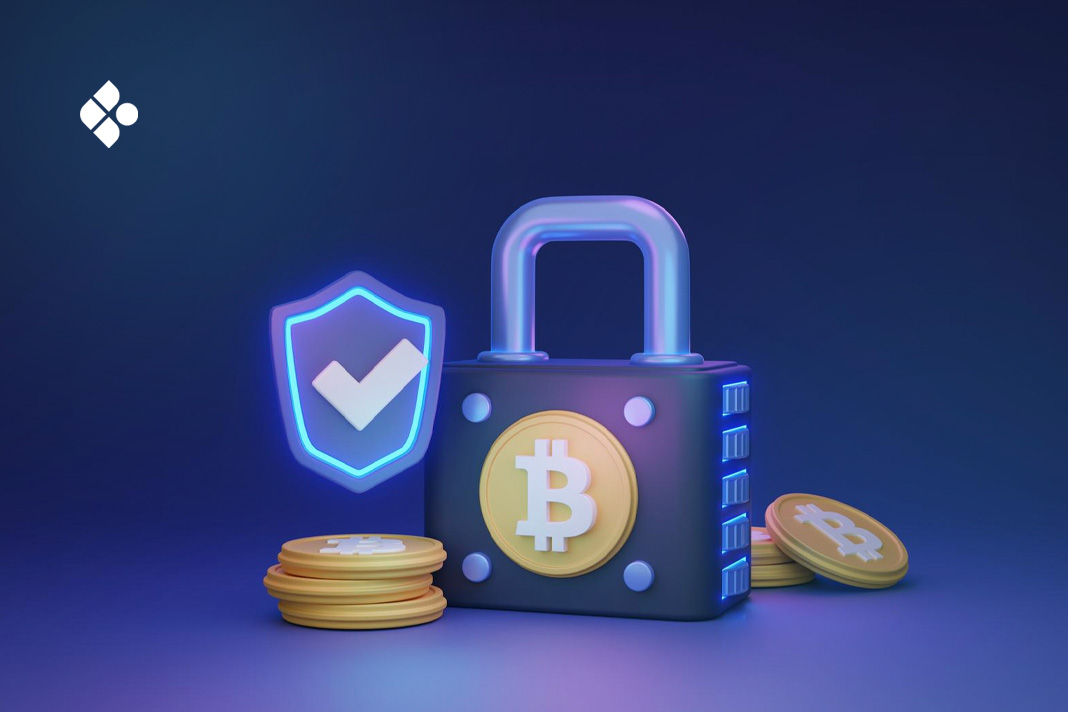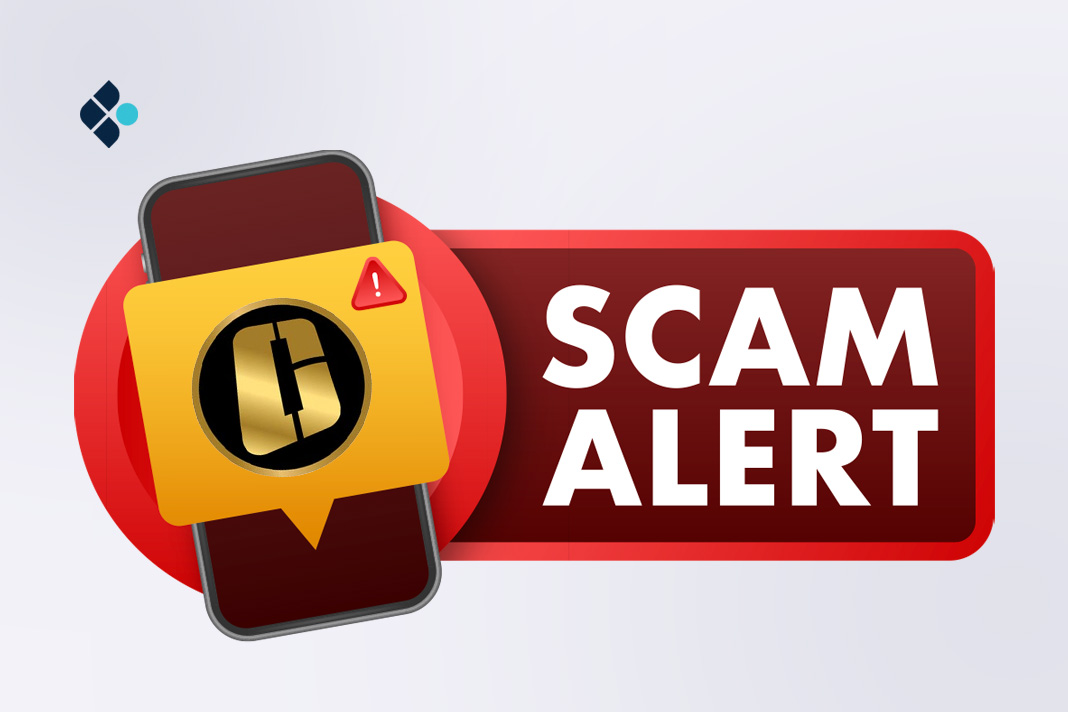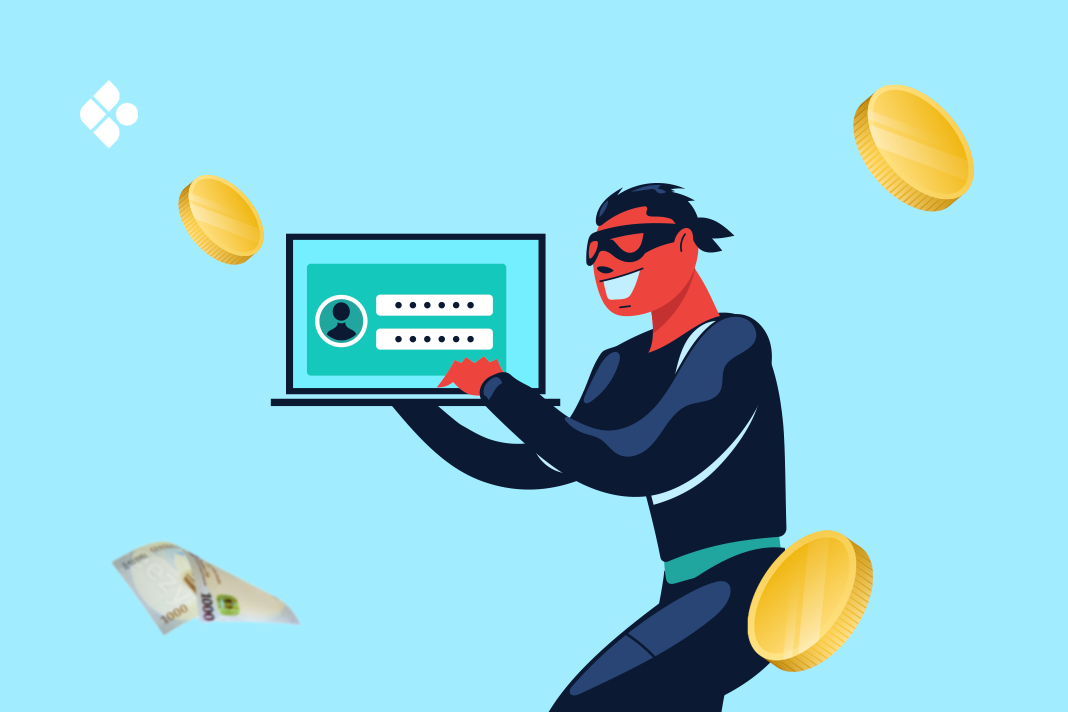With over $2.2 billion of crypto assets stolen in 2024, securing your TRON wallet is more important than ever. You have probably heard stories of drained TRON wallets or even experienced it yourself. The attackers may have found a way to make you give up login credentials, passphrases, private keys or even found a vulnerability in an exchange you use.
Due to their digital nature, security threats to TRON wallets are possible, but does that mean they should be completely abandoned? Of course not.
Knowledge of these attacks and how they are carried out will give you insight into how you can protect yourself and your TRX funds from future attacks
Definition and Types of TRON Wallets
As the name implies, a TRON wallet is a digital container used specifically to store TRX and other TRON ecosystem tokens. TRC20-compliant tokens are sent and received via a TRON wallet.
There are two major types of TRON wallets:
- Hardware TRON wallets: These are a less common type of wallet. They are physical devices used to store TRC20 tokens. The major advantage of this type of TRON wallet is that private keys are stored offline, making them much more secure and impervious to online hack attempts. Examples are Ledger Nano X and Trezor Model T..
- Software TRON wallets: This is the more popular option because it is easy to set up. They are also available on mobile and desktop. A disadvantage of a software TRON wallet is you’d have to manage your private keys yourself. The most popular software TRON wallets are Atomic and Trust Wallet.
There are usually three essential things to take note from your TRON wallet:
- The Wallet Address, also known as the public key, is a unique group of characters to which TRC20 tokens can be sent and received.
- The Private Key is an alphanumeric set of characters to sign transactions from a TRON wallet. Unlike the wallet address or public key, the private key should not be shared. Think of it as a password for securing your TRON asset.
- The Recovery Phrase, known as the passphrase, is a set of 12 or 24 words that can be used to regain access to a wallet and restore the private key.
Common TRON Wallet App Security Threats
Digital TRON wallets are highly convenient. However, they come with the risk of cyber attacks. Some of the most popular attack routes include:
- Phishing Attacks: A hacker can create a dummy website that looks like the sign-in page of a TRON wallet. This way, they can mine users’ login credentials and attempt to steal funds. This method is very common, and a surefire way to prevent it is to ensure you’re on the correct URL before entering your password on any website. In 2022, TRON users lost more than $4 million to a site that mimicked the official website. The fraud created a clone website that used the domain name that ended with .network instead of .org.
- Malware: By finding a way to make a user install malware like keyloggers, ransomware, and viruses on their device, a malicious attacker can gain unauthorised access to files on the user’s device and wallet.
- Public WiFi Attacks: Regular use of public WiFi can lead to man-in-the-middle attacks, which aim to eavesdrop on and steal sensitive information, which can later be used to access your TRON wallet and funds
- Vulnerable Exchanges: Many centralised exchanges like OKX and Binance now offer TRON cryptocurrency wallets (alongside their trading services). A successful hack attempt on any of these exchanges can lead to the theft of user funds on the exchange’s native wallet.
Strategies to Protect Your TRON Assets

Here are reliable TRON wallet protection measures:
- Use Hardware Wallets: You must store TRON assets you plan to hold long-term in a cold or hardware wallet. Hardware wallets are usually encrypted and offline, keeping your funds safe from phishing and malware attacks. Examples are Ledger Nano S Plus and Trezor Model T, which support TRON and offer staking possibilities.
- Two-factor authentication (2FA): Enable 2FA on your TRON wallet to add an extra layer of security for sensitive wallet actions like withdrawals and trading.
- Strong Passwords: This might seem like a no-brainer, but it can’t be overemphasised how important it is to use strong passwords. Weak passwords can easily be brute-forced with shared password word lists in minutes. Combine uppercase and lowercase letters, numbers and special characters.
- Avoid Public Wi-Fi: It is vital to avoid it as much as possible. Use VPNs to prevent DNS leaks whenever they are unavoidable, especially when accessing your TRON wallets or bank applications. This is one of the crucial TRON wallet safety tips.
Steps to Take If You Suspect Your TRON Wallet Has Been Compromised.
If you think your TRON wallet has already been hacked, take the following steps:
- Migrate Your Funds: The first and most crucial step is quickly migrating your funds to a different wallet. Make sure to switch to a new wallet and not a derivative of your old wallet, which still uses the exact recovery phrase or private key.
- Change Passwords: After you have removed your funds, change your password
- Check your device for malware: The next step is to scan your device for unusual apps or malware. Once the threat has been located, uninstall and delete it completely.
- Report the incident: Finally, report the incident to appropriate authorities who may be able to help recover stolen funds.
Frequently Asked Questions (FAQs) About TRON Wallet App Security
Are TRON Wallets free to use?
Yes. The majority of TRON wallets are free to use. However, hardware wallets like Ledger would require a one-time purchase.
What is the safest TRON Wallet to use?
Hardware wallets are considered the safest to use due to their offline and encrypted nature.
Is it safe to store my recovery phrase on my phone?
No. Storing passphrases on your device is considered a bad security practice. Writing and storing them in a safe or somewhere else is safer.
Can I recover my TRON wallet if I lose my phone?
Yes. You can recover your TRON wallet and funds by entering your recovery phrase. Install the TRON wallet on the new device and choose the “recover wallet” option.
How do I convert my TRON assets to local currency?
With competitive exchange rates, advanced security, and quick transaction processing time, the Breet App is the best option for selling TRON(TRX) in Nigeria and Ghana.
Conclusion
TRON wallets are a digital solution that helps facilitate the storage of TRC20 standard tokens. However, being a digital solution means it can be attacked by malware and many other attack vectors. Using a VPN while on public WiFi, strong passwords, and two-factor authentication systems will help mitigate the likelihood of security breaches to your TRON wallet.
If your TRON wallet has already been breached, remain calm, migrate your funds, and report them to the relevant authorities as soon as possible.







